Factories continue to do everything in their power to keep a lid on finished cattle prices. No weight limits, transport, extra bonus payments and no penalties on the grid have all been thrown in to sway cattle in the last week. Despite all this, the trade continues its upward momentum, with a particularly strong appetite for heifers.
Agents up and down the country have been given strict instructions to stand firm on €3.75/kg but not to let any cattle slip through the net at the same time. Base quotes for heifers now stand at €3.75/kg, with €3.80 being secured by regular sellers and those with higher numbers.
Producer groups are in a particularly strong position, with €3.90/kg being paid to some groups with big numbers of heifers available.
Heifers
Heifers are in short supply, and the heifer kill is now back almost 2,000 head on where it was five weeks ago at 10,869 head. The kill for the week ending 17 July was still ahead of the corresponding week in 2019, demonstrating factories' appetite for stock.
Bullocks
Bullocks have also moved on, especially in the northern half of the country, with €3.75/kg now having to be paid to secure supplies. Further south, it’s harder to shift off the €3.70/kg base price.
Cows
It’s clear that there are two tiers in the cow market. Regular sellers are able to get €0.10-€0.15/kg out of the market. The general run of quotes range from €3.00/kg to €3.10/kg for O grading cows, with €3.20/kg to €3.30/kg being paid for R grading cows.
Mart activity
Agents are very active at the ringside, with big numbers moving from marts to factories on a weekly basis. One man said to me today: “€4.40/kg wouldn’t be enough to break even for some of the prices being paid in marts by factory agents at the moment.”
It points to the question - are factories losing money on these cattle or is it strategically better to pay more in marts than to increase the prices paid for similar stock in the factory.
The advice is to sell hard. Factory-fit cattle are scarce and over the past few weeks factories have been very slow to leave cattle behind them.




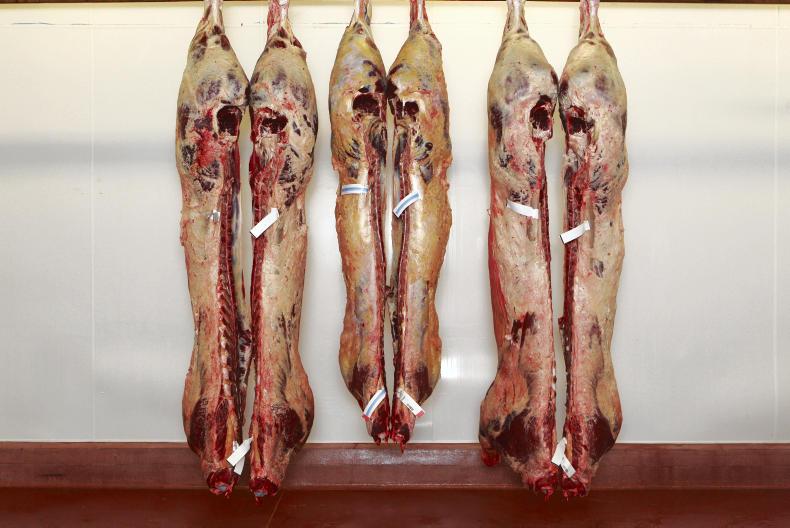
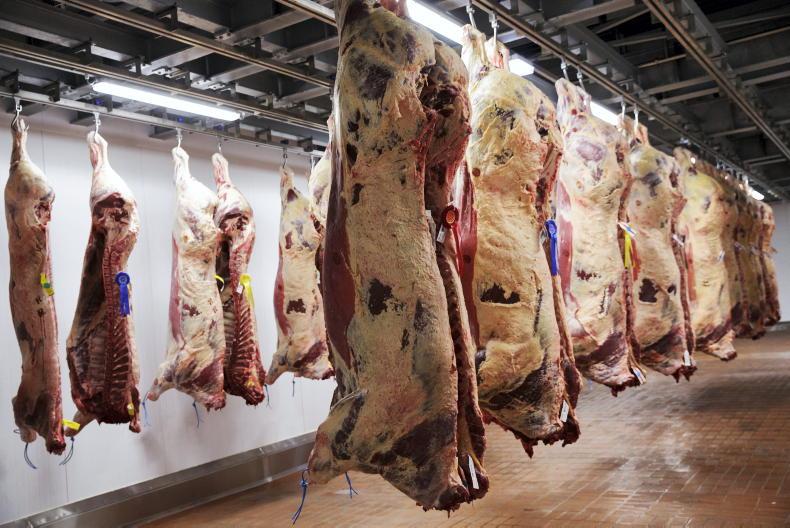

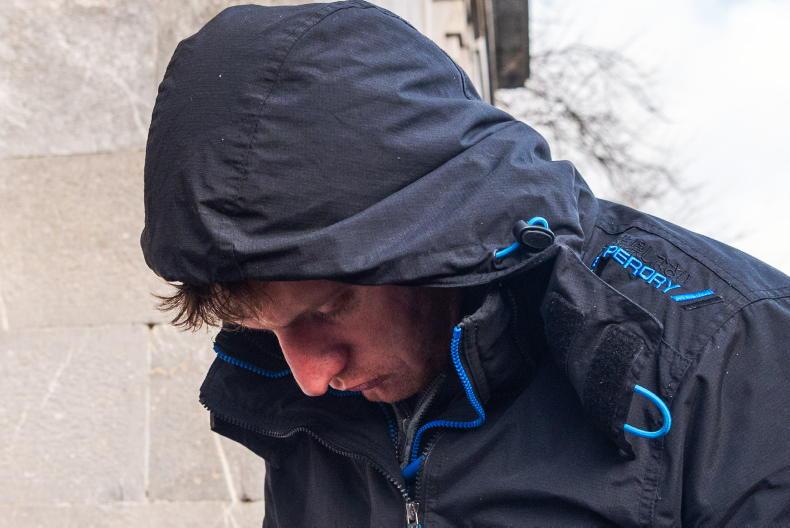
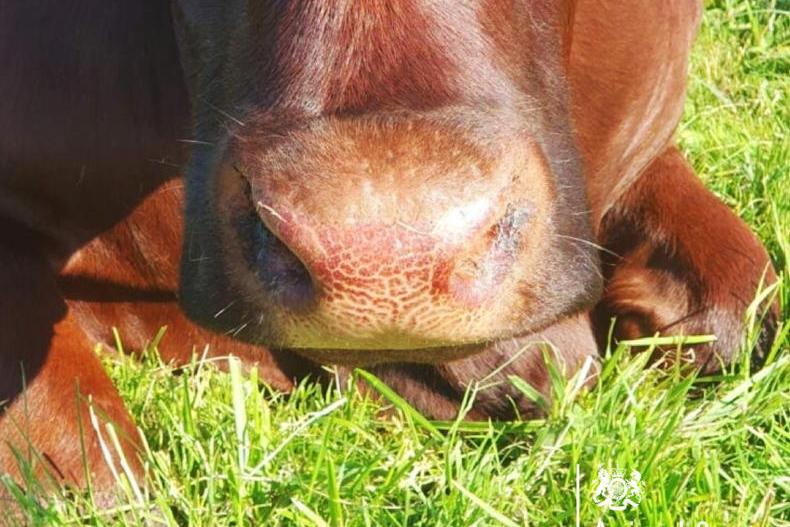
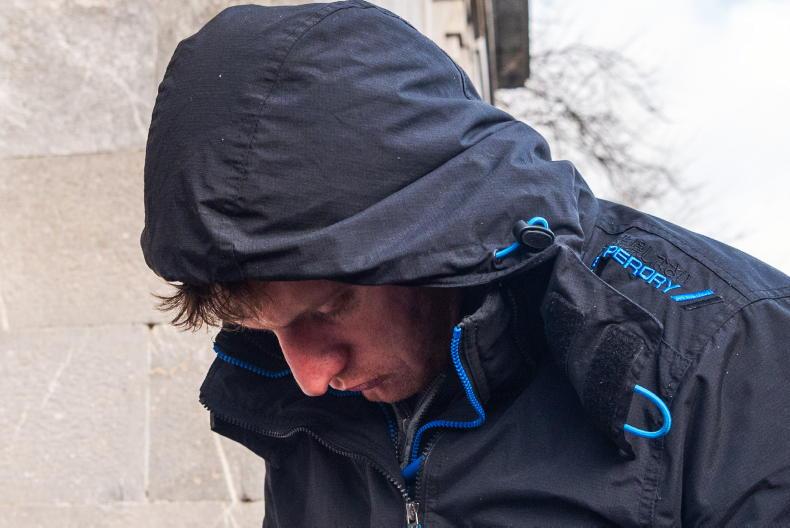
SHARING OPTIONS